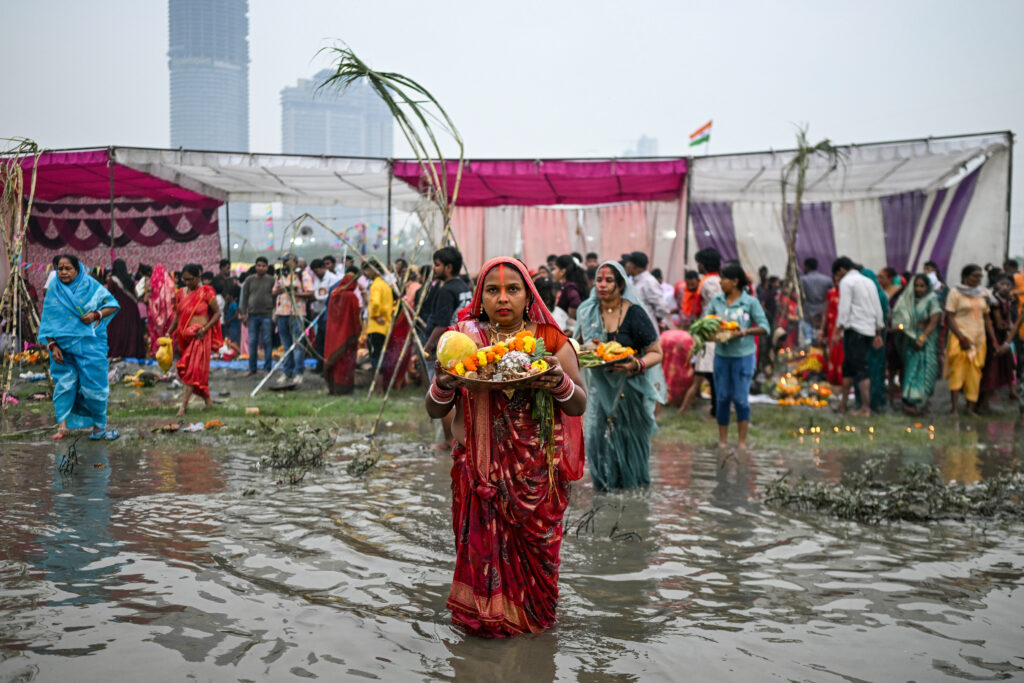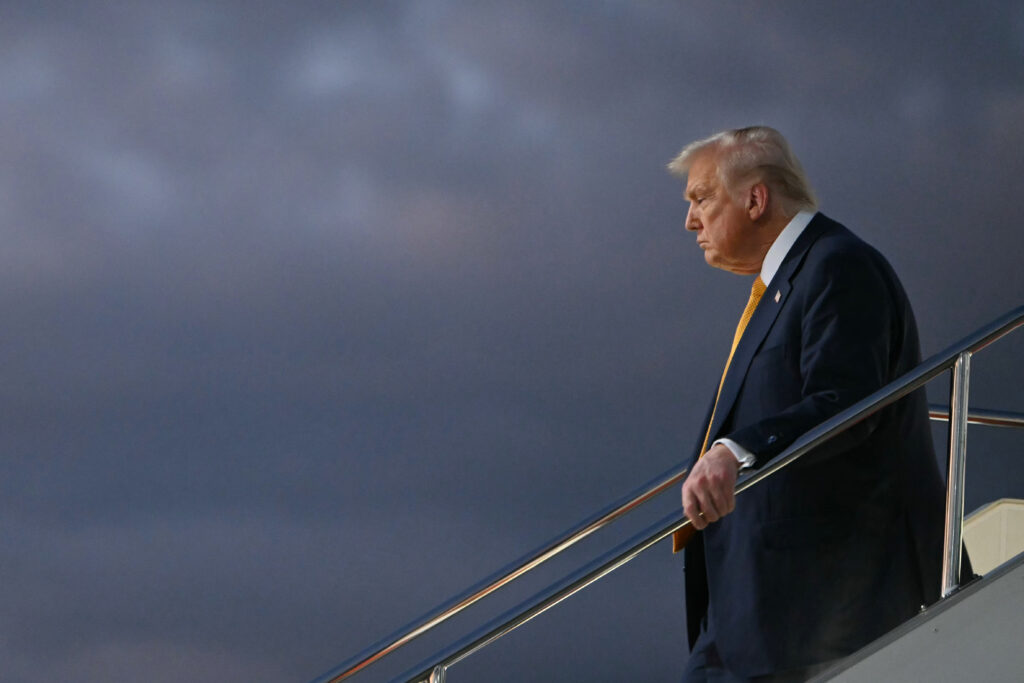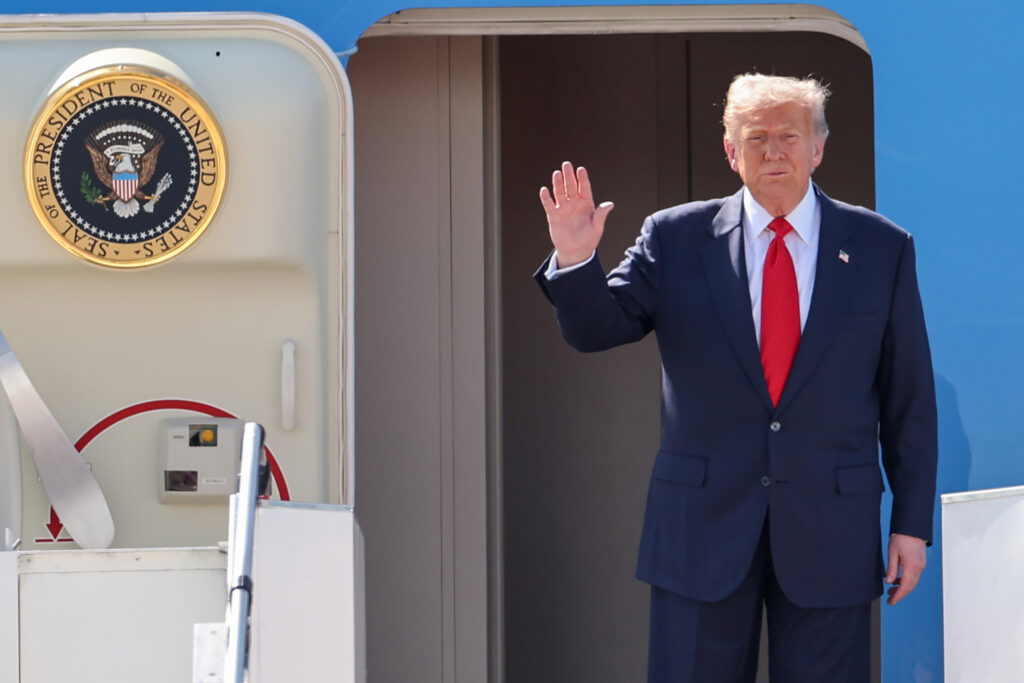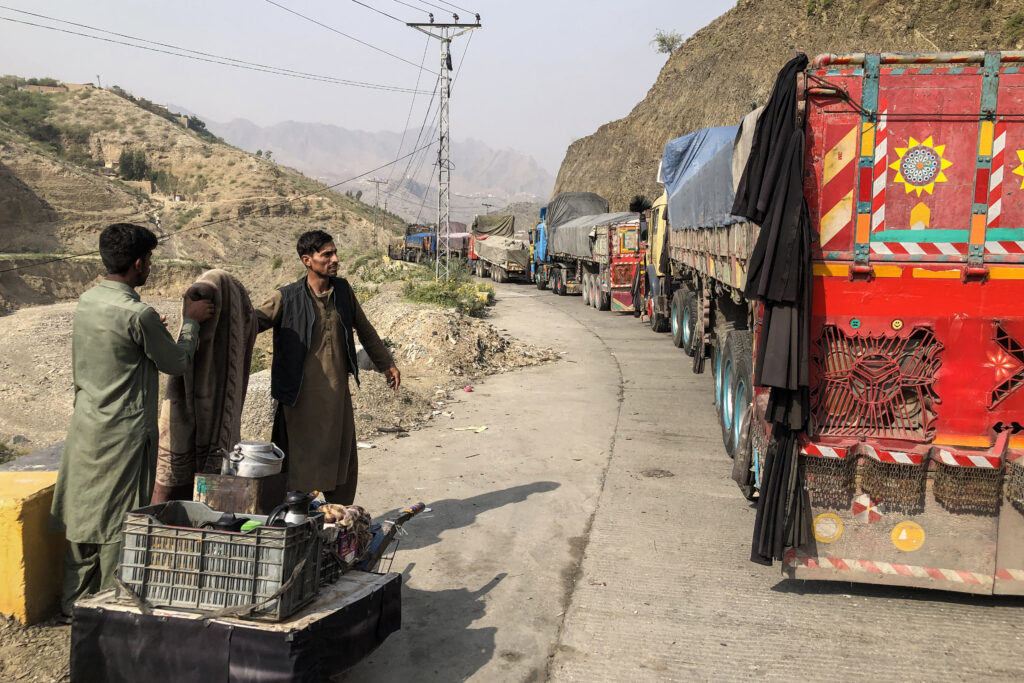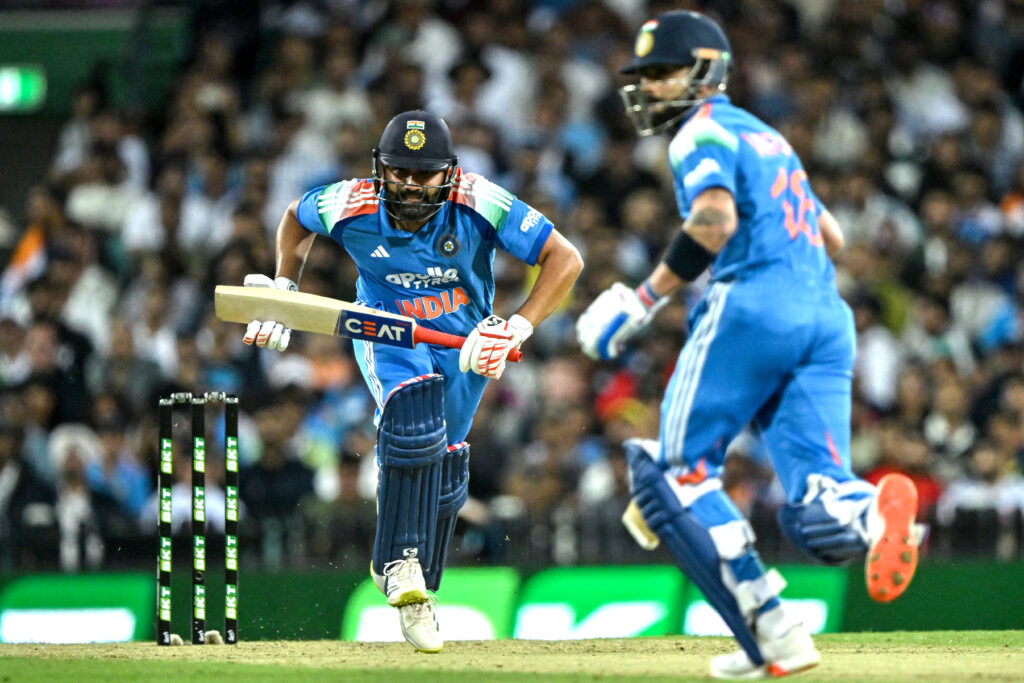Absence of toxic foam in Indian river cheers Hindu devotees
Thousands of devotees waded into the foul waters of the Yamuna river in the Indian capital Monday for a Hindu festival, amid political wrangling over the sacred but severely polluted waterway.At dusk, worshippers stood waist-deep in the river’s brown waters to offer prayers to the sun god Surya as the setting orb sank into the haze blanketing New Delhi’s skyline, marking the annual Chhath festival.Unlike previous years, the scene was free of the thick layers of white foam that have long symbolised the Yamuna’s toxic condition.”At least this time it feels like a river, even if dirty,” said 35-year-old homemaker Kanchan Devi.”Earlier it was like going into a filthy drain.”The Yamuna river, a major tributary of the Ganges, continues to suffer from severe pollution despite repeated clean-up pledges.At one location in south Delhi in 2021, faecal bacteria levels exceeded safe health limits by 8,800 times.The river’s dismal condition was a key issue in Delhi elections earlier this year that saw Prime Minister Narendra Modi’s Bharatiya Janata Party (BJP) return to power in the sprawling megacity of more than 30 million people.One of the Hindu nationalist party’s main campaign promises was to clean the river.Delhi’s Chief Minister Rekha Gupta said Monday that becuase of her government’s efforts, “after many years, our brothers and sisters will be able to worship the sun on the banks of the Yamuna.” – ‘Cosmetic’ -“This water is now in such a condition that aquatic creatures can live very well in it, whereas earlier, even a mosquito could not thrive in this water,” Gupta told reporters.But opposition leaders have called the clean-up “cosmetic”, alleging that chemicals had been used to mask the froth without addressing the fundamental causes of the pollution: untreated sewage and industrial effluents.Laboratory analysis conducted earlier this month indicated that the faecal count in the river had reduced since last year but remained far from safe at most sites.”All said and done, it is certainly better than before,” said Sanjay Paswan, a carpenter.”I have been coming here for a decade. The difference is clear.”Delhi’s pollution crisis extends beyond its rivers.The capital is routinely blanketed by toxic smog each winter, a deadly combination of emissions from crop burning, factories and traffic.Despite years of government initiatives, little progress has been made, and the pollution is blamed for thousands of premature deaths annually.Earlier this month, air quality worsened sharply, following widespread use of fireworks during the Hindu festival of Diwali.Although bans have been imposed in previous years, enforcement has been weak due to the deep religious significance of fireworks for many devotees.This year, the Supreme Court eased restrictions, allowing the use of so-called “green” firecrackers that are designed to emit fewer particulate pollutants.At the Chhath festivities too, firecrackers lit up the sky, leaving the air acrid with the smell of burnt sulphur.Revellers, though, said they were not concerned.”At least the water is clean and so is the riverbank,” said daily wage labourer Sanjay Prasad.
